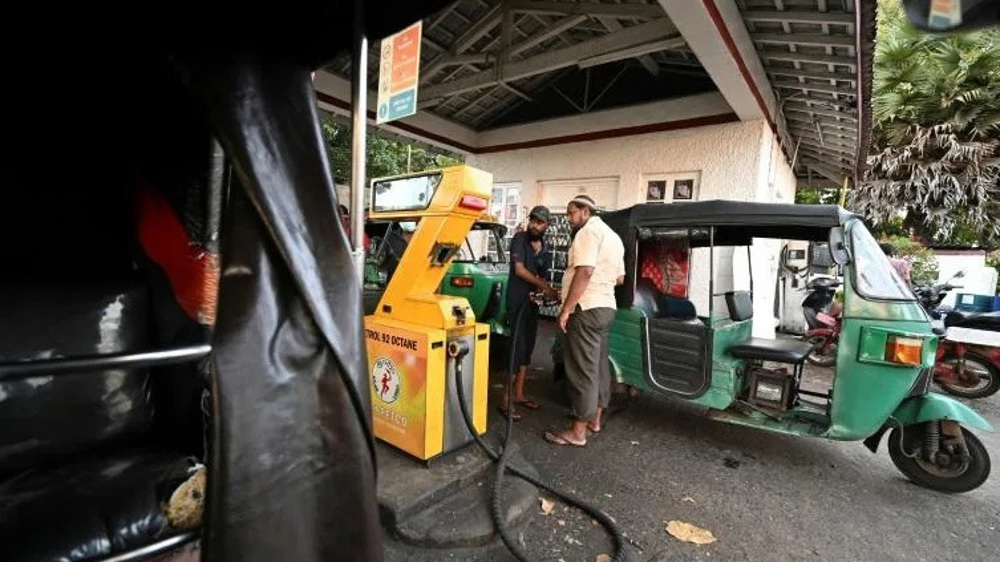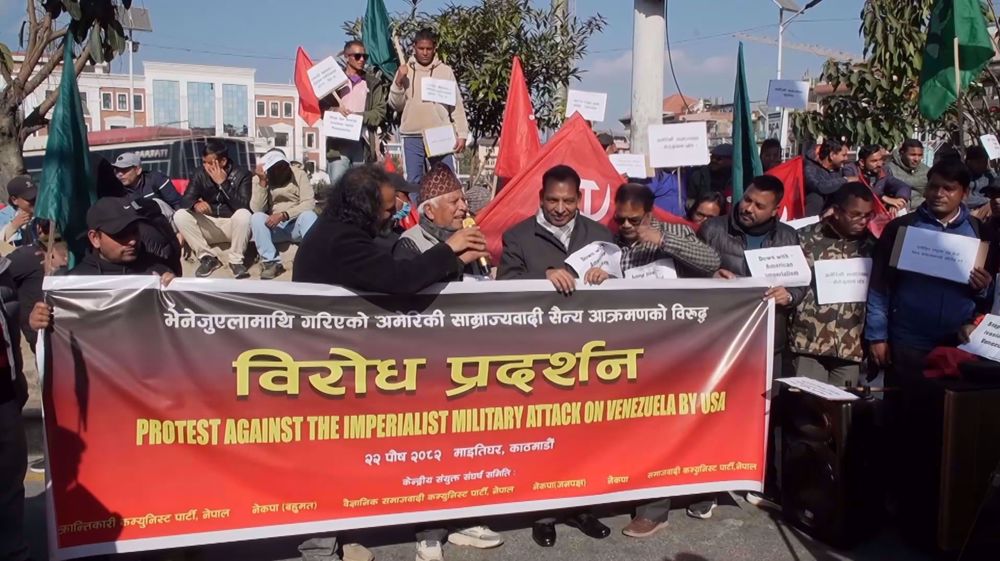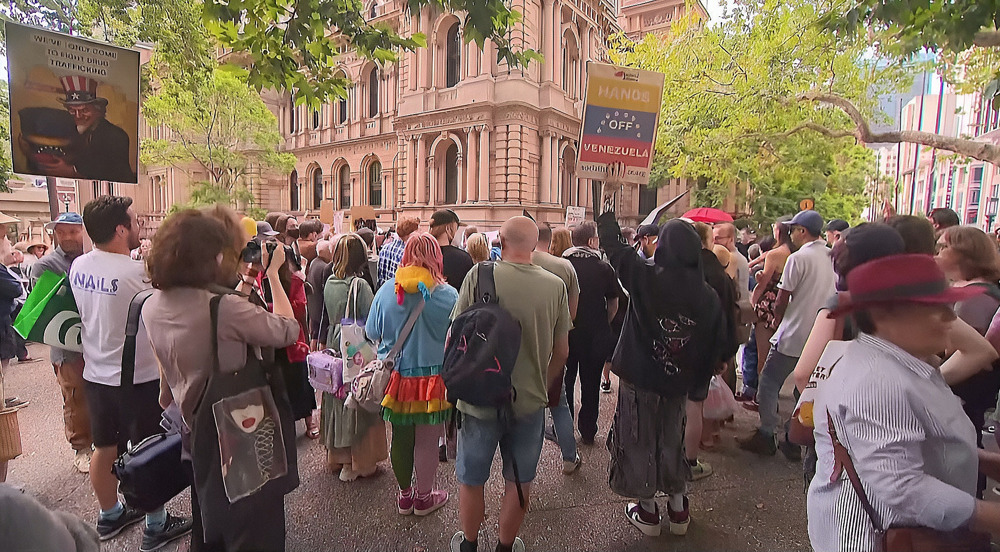Tanker strike worsens fuel woes in crisis-hit Sri Lanka
A strike by owners of fuel tankers over the weekend renewed Sri Lanka's long queues for diesel and petrol on Monday as pumps ran dry, compounding the island nation's economic and energy crisis.
Sri Lanka is in the grip of a pandemic-spurred economic freefall, the worst since independence from Britain in 1948, which has led to shortages of food and other essentials.
The lack of fuel has been an especially large sticking point for the government, as petrol prices have increased by 90 percent while diesel -- commonly used for public transport -- has gone up by 138 percent.
Fuel woes eased slightly last week as supplies arrived under a $500 million credit line from India.
But the salve proved temporary as fuel tanker operators have been on strike since late Saturday, demanding an increase to their prices to ferry the petrol across the country.
Energy minister Kanchana Wijesekera said Monday he needed at least three more days to restore the supplies of petrol and diesel.
"I appeal to the motorists to bear with us for three more days," he told reporters in Colombo, adding that the government was trying to hire other mobile container owners not affiliated with the protest.
According to Wijesekera, the union representing tanker operators was demanding a 115 percent increase in fees, outstripping an offer of 95 percent more from state-owned Ceylon Petroleum Corp (CPC).
"We are willing to increase, but not by as much as the tanker operators are demanding," he said.
"If we give in, the CPC will go bankrupt."
But the operators say running costs are up due to diesel prices being raised 138 percent, while insurance, spare parts and wages have spiked due to the sharp depreciation of Sri Lanka's currency.
The rupee has dropped by more than 40 percent against the dollar since March.
Tens of thousands have protested for weeks across the country, with demonstrators also camped daily outside the residence of President Gotabaya Rajapaksa calling for his resignation over alleged corruption and mismanagement of the economy.
Sri Lanka has sought about $3 billion from the International Monetary Fund to overcome the balance-of-payments crisis and boost depleted reserves.
The government has also announced a sovereign default on its huge foreign debt.
Russia deploys submarine as US attempts to seize oil tanker in Atlantic
Magnetic revolution: Iran’s nano-solutions driving cleaner and greener oil industry
Deadly clashes erupt in Syria’s Aleppo as US-backed SDF forces defy HTS rule
FM Araghchi: Iran’s internal affairs solely matter of its people
Iran army chief: Enemy threats will not go unanswered
Iran: Israeli FM’s visit to Somaliland a ‘dangerous precedent’
Rome protests Maduro abduction by US
Leader of Yemen’s separatists flees ahead of talks in Saudi Arabia










 This makes it easy to access the Press TV website
This makes it easy to access the Press TV website